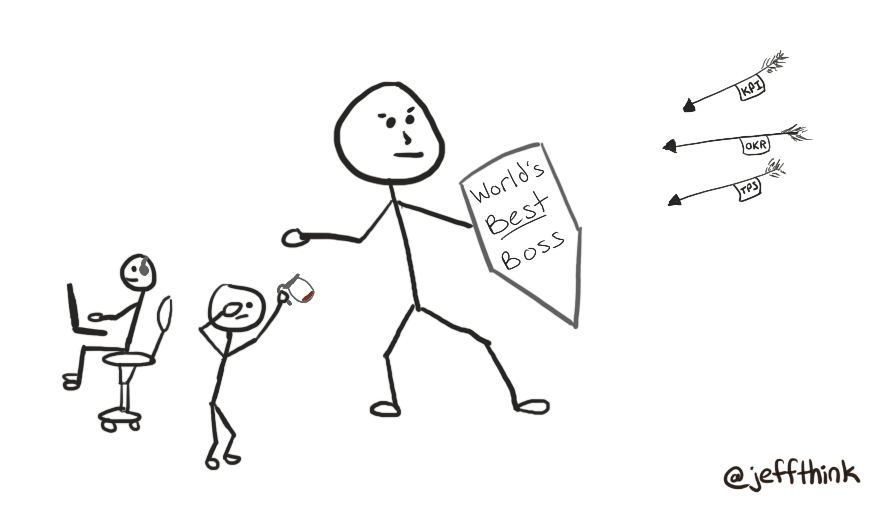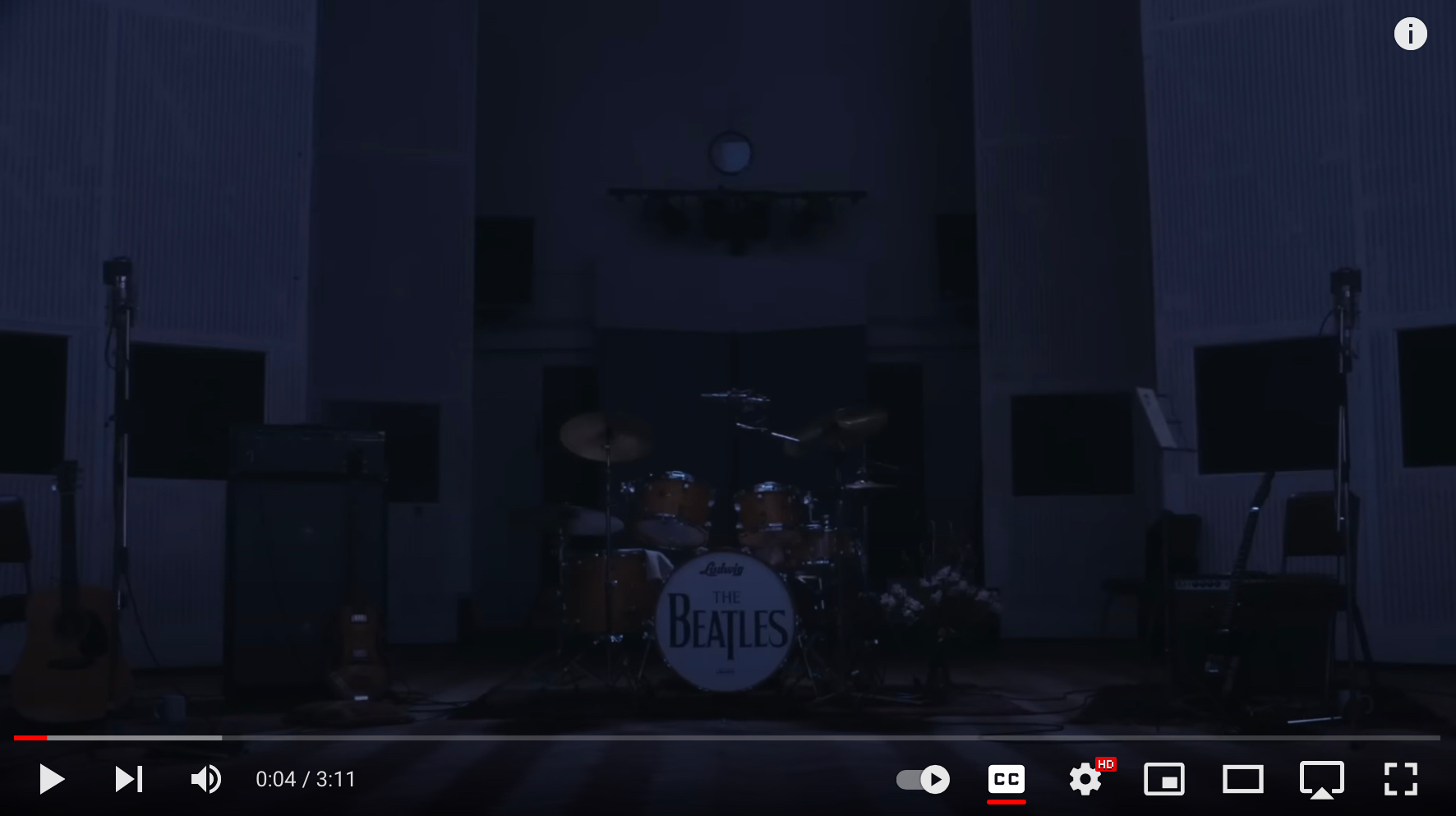- Organizations are machines: "The sales cycle is blocked by the engineering department"
- Time is money: "We are wasting time on this project"
- Work is sport: "We need Rachel to get up to speed"
- Careers are ladders: "She is quickly climbing within the organization"
- Companies are ships: "We need to get this ship turned around"
- Economies are aircraft: "The stock market is spiraling, we just hope it doesn't crash"
- Business is war: "We need to capture that part of the market"
Business culture is rife with metaphors. And up until recently, I hadn't thought much of it. But in reading the book Metaphors We Live By*, I realized the pervasiveness of metaphors in daily life, as well as their potential for unknowingly amplifying harmful behavior.
For example, the "Business is war" metaphor perpetuates a zero-sum view of the world at a time when many of humankind's biggest challenges — pandemics, climate change, income inequality, etc. — require a collaborative "we each succeed if we all succeed" approach. And this combative mindset often seeps into the internal mechanisms of an organization: departments become adversarial, individuals are out for themselves, and budgets are ground to be gained or lost. Consider the popular "Manager as a shield" metaphor:

While there may be good intentions behind this view, such as “my team will be overwhelmed if I don't do this” or “I think they’ll be more productive if they can focus”, the underlying message is that the rest of the organization is something to be protected from.
Sure, bouts of protection feel great, but a life behind the shield can feel like a life in a bunker: as too many inputs get blocked, the team becomes separated from the realities of what's going on in the broader business. Work gets done in silos, tasks get prioritized that are divorced from the needs of the company, and output slows down without the pressure of delivery. Over time, this creates even more tension outside of the shield as others in the organization get frustrated by a lack of the team's perceived progress, and this makes the manager's job that much harder.
An experienced manager knows how to block certain types of inputs while letting other types through. As such, I find the “manager as an ozone layer” a more apt metaphor:

A manager's job involves blocking a large % of the types of UV rays that are harmful to their team members, while not snuffing out the light entirely. In practice, this could mean keeping petty political dynamics or existential organizational risks to yourself, while letting the team feel some of the natural ups and downs of the company's successes and failures.

Next time you find yourself (or your boss) acting as a battle shield by excessively blocking inputs, consider how you might reorient the situation towards an ozone metaphor instead so that the team can bask in the warmth of the sun.

* The book Metaphors we Live By, by George Lakoff & Mark Johnson, is a fantastic (but also quite dense) read. If this post intrigued you, give it a shot!


